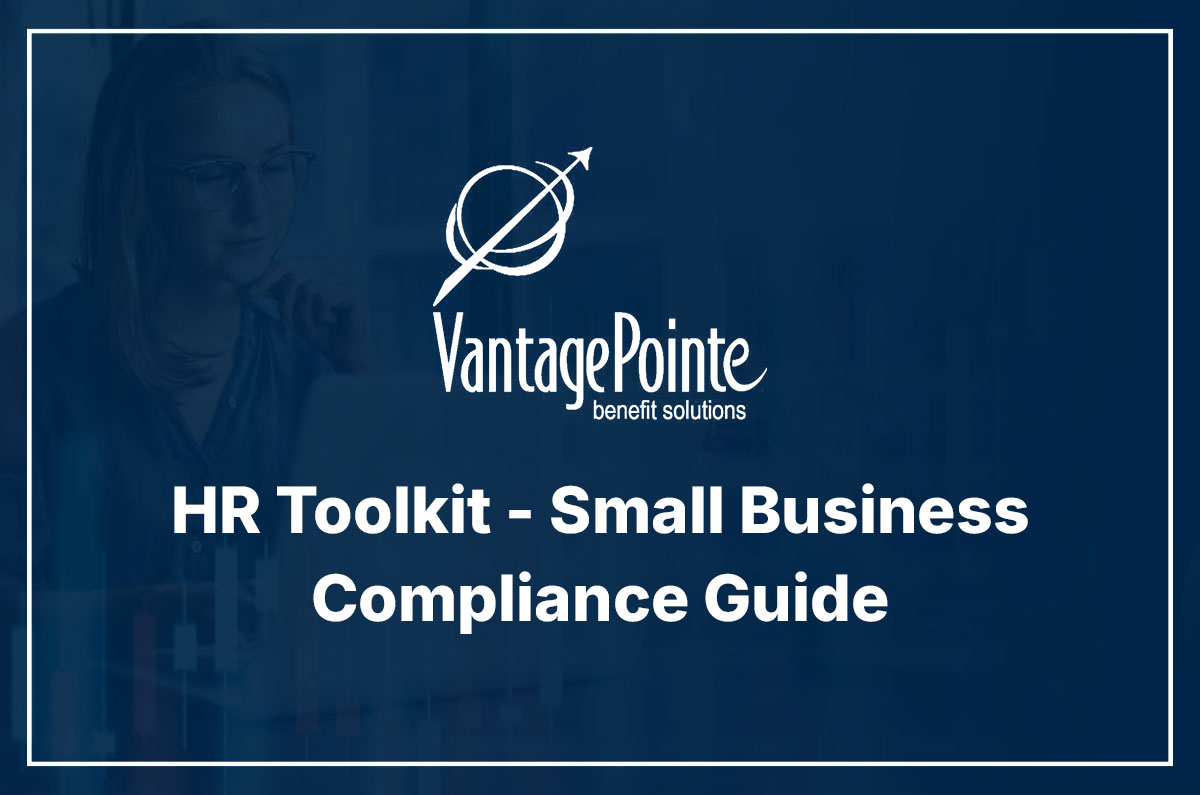Introduction
Small businesses play a crucial role in the U.S. economy and are frequently regarded as a major contributor to the nation’s financial growth. According to the U.S. Census Bureau, the majority of U.S. businesses have less than five employees. What constitutes a small business is typically the number of employees and the amount of money the organization brings in, but these can differ based on the industry.
Compliance obligations can present major challenges for small businesses and hinder an organization’s growth and future success. Small business compliance is complicated, as an organization’s legal obligations often depend on its size and location. Most small businesses must navigate many of the same complex legal and regulatory obligations as large employers but must do so with fewer resources. In fact, many small business owners typically take on their organizations’ compliance responsibilities in addition to their other duties. For instance, according to a study from HR solutions firm Oasis, 45% of small business owners spend approximately one day per week on administrative HR issues.
This HR Toolkit is intended to help small businesses understand the importance of compliance and better implement strategies to reduce their potential risks of noncompliance. Small businesses can use this resource to improve their understanding of their compliance obligations and explore strategies for establishing and maintaining compliance practices. This toolkit also provides an overview of common federal labor and employment laws with which small businesses must comply, along with several valuable compliance-related resources.
By reviewing the information detailed in this HR Toolkit, small businesses can improve their compliance efforts and avoid potential violations. However, this toolkit provides a broad overview of small business compliance and should not be construed as legal advice. Employers are encouraged to seek legal counsel to address specific concerns or issues.

